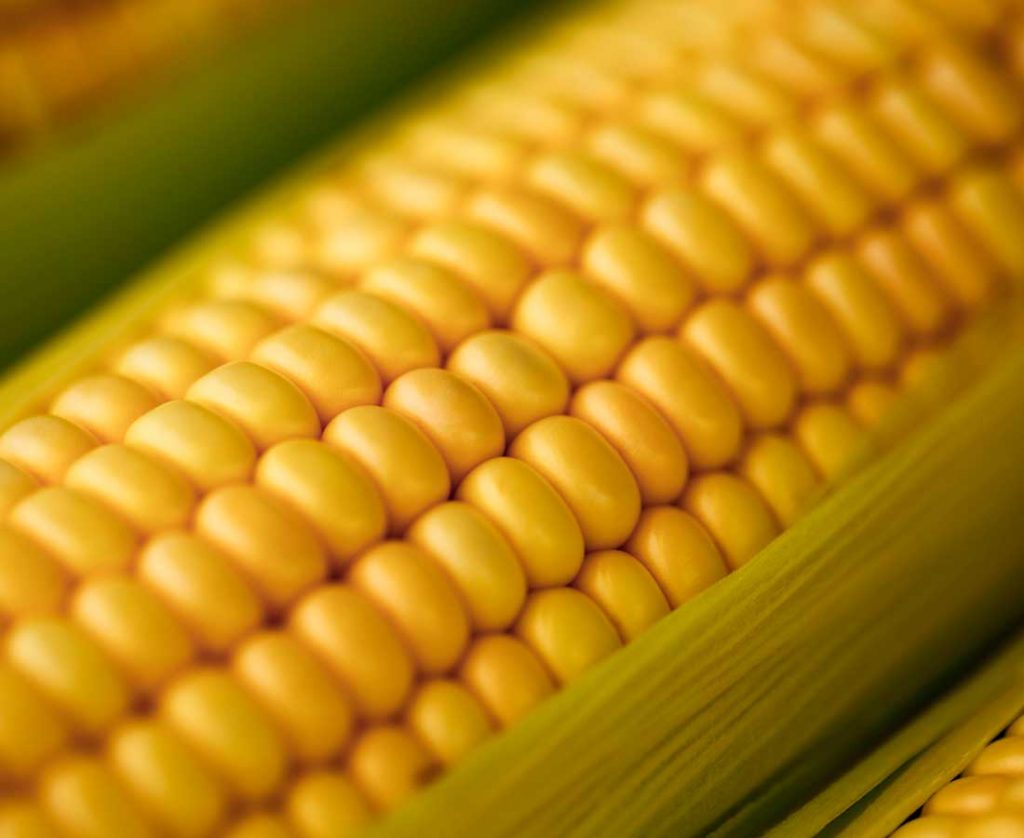Well-Being: Fitness & Diet
HEALTH BENEFITS OF CORN
By A.A. (staff writer) , published on April 11, 2021

Medicine Telehealth Health corn health benefits of corn
Corn is also called Zea mays or maize. Corn is one of the world's famous cereal grains. It belongs to the grass family and it is a seed of a plant. Zea mays are native to Central America. Nowadays it can be grown in countless regions of the world.
Just like any cereal grain, whole-grain corn is also healthy, it is rich in antioxidants, vitamins, fiber, and minerals. There are many colors of corns like black, blue, red, orange, purple and white. But most commonly it is yellow in color.
The most famous varieties of corn are sweet corn and popcorn. Moreover, refined products of corn are also linked by many people, and frequently ingredients in processed foods. The following products contain various forms of corns such as
- Corn oil
- Corn flour
- Polenta
- Tortilla chips
- Tortillas
- Corn syrup
- Cornmeal
The edible sections are the kernels or seeds of corn. When it is very young and soft, it can be eaten whole. But the corncob, or the part on which the kernels grow, becomes harder and inedible as it matures. Depending on where they have evolved and what species or variation they happen to be, they come in various colors. One more genetic variant is sweetcorn which has less starch and more sugar in the nutritive material1.
Health Benefits of Corn
The following are the health benefits of corn.
Reduces the risk of Anemia
Corn is a rich source of iron, folic acid, and vitamin B12 that assist the body in the production of red blood cells. To produce fresh red blood cells, corn supplies sufficient nutrients that also minimize the chances of anemia. Many nutritionists explain that 1 cup of raw corn contains 125 calories, 27 g carbohydrates, 75 mg of iron, 4 g of protein, and 9 g of sugar.
Boost Energy
If you are an athlete or love to sweat it out in the gym, then more often include corn in your meals. Maize contains complex carbohydrates that are digested at a slower pace, providing energy for a longer period of time. A cup of maize yields around 29 grams of carbohydrates, which not only provides physical energy but also ensures that the brain and nervous system function properly.
Preserve Healthy Skin
Corn is a rich source of vitamin C and lycopene (antioxidants) that enhance collagen production and prevent the skin from being damaged by UV-generated free radicals. In addition to being consumed, it may directly apply its products such as maize oil, maize starch to the skin and also be used as a topical agent in many cosmetic products2.
Corn is full of nutrients
A variety of B vitamins are present in corn, as well as potassium. The role of potassium is essential to maintain muscle mass, keep blood pressure healthy, muscle contractions, heart functions, and prevent muscle cramps. As compared to other grains, vitamin A is 10 times more than in corn. Vitamin A boosts the immune system in addition to defending against cognitive loss, which helps to structure the mucous membranes in the respiratory tract. To keep pathogens out of the bloodstream, stronger membranes form stronger protective barriers.
Corn provides protective antioxidants
The major carotenoids (or pigments) of maize are lutein and zeaxanthin, which help shield the eyes and have been shown to lower the incidence of cataracts and macular degeneration. The antioxidant quercetin has also been shown to battle both acute and chronic inflammation and to guard against neurodegenerative disorders such as Alzheimer's disease. Apoptosis, the self-destruct sequence the body uses to kill burned-out or dysfunctional cells, has also been related to Quercetin.
Other antioxidants have been shown to be particularly effective at fending off inflammation in blue and purple corn. They also defend against oxidative stress, an imbalance between the development of free radicals that are detrimental to cells, and the ability of people to fight their harmful effects.
Helpful for your digestion
You get a dose of insoluble fiber from corn which absorbs directly into the bloodstream and isn't broken down. Insoluble fiber increases bulk stool by staying in the GI tract and assisting to push waste through your system. This minimizes the chances of hemorrhoids, prevents constipation, and lowers the risk of colon cancer. By increasing the post-meal feelings of fullness, the fiber of the corn also helps in weight management3.
Eye & Skin Care
Beta-carotene is abundantly present in yellow corn which forms vitamin A in the body and is important for the maintenance of good vision and skin. It is also advantageous because it is good for the immune system and improves the health of skin and mucous membranes. Like other carotenoids, the amount of beta-carotene in the body that isn't transformed into vitamin A serves as a powerful antioxidant that may help against diseases.
Manages Diabetes
Nowadays, diabetes is getting common in every part of the world, which can be due to diet and nutrition problems. In 2018, a study published in the journal Food Science and Human Wellness suggests that consumption of whole-grain corn is linked with decreased risk of type 2 diabetes development4.
References
- Corn 101: Nutrition Facts and Health Benefits. [internet]. [cited 2021 February 20]; Available from https://www.healthline.com/nutrition/foods/corn#nutrients
- Health Benefits of Corn, Nothing Corny Here. [internet]. [cited 2021 February 20]; Available from https://food.ndtv.com/food-drinks/health-benefits-of-corn-nothing-corny-here-1777137
- Health Benefits of Corn. [internet]. [cited 2021 February 20]; Available from https://www.health.com/nutrition/health-benefits-of-corn
- Corn: Nutrition And Health Benefits. [internet]. [cited 2021 February 20]; Available from https://www.organicfacts.net/health-benefits/cereal/health-benefits-of-corn.html
Find articles related to: Medicine Telehealth Health corn health benefits of corn
More articles about Well-Being: Fitness & Diet
Back to the Health Tips Index




